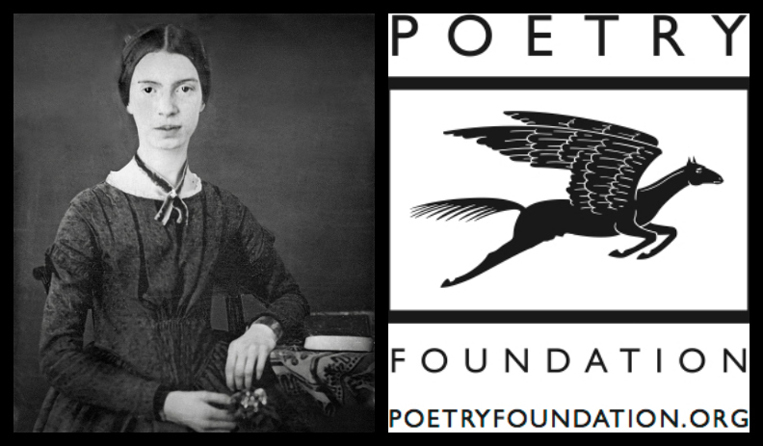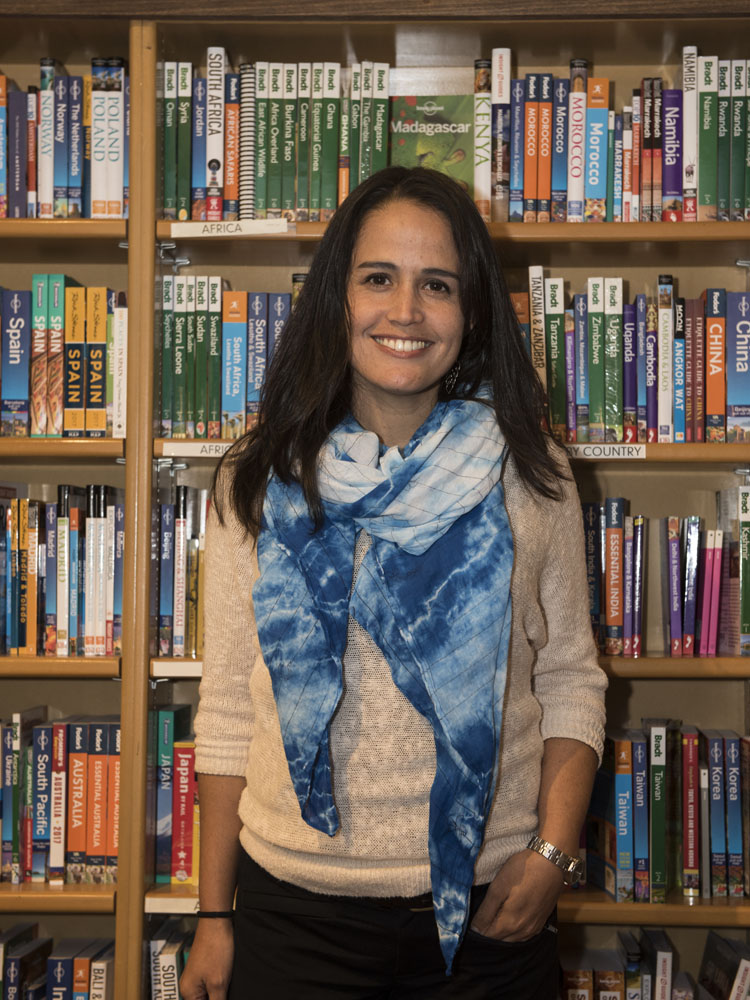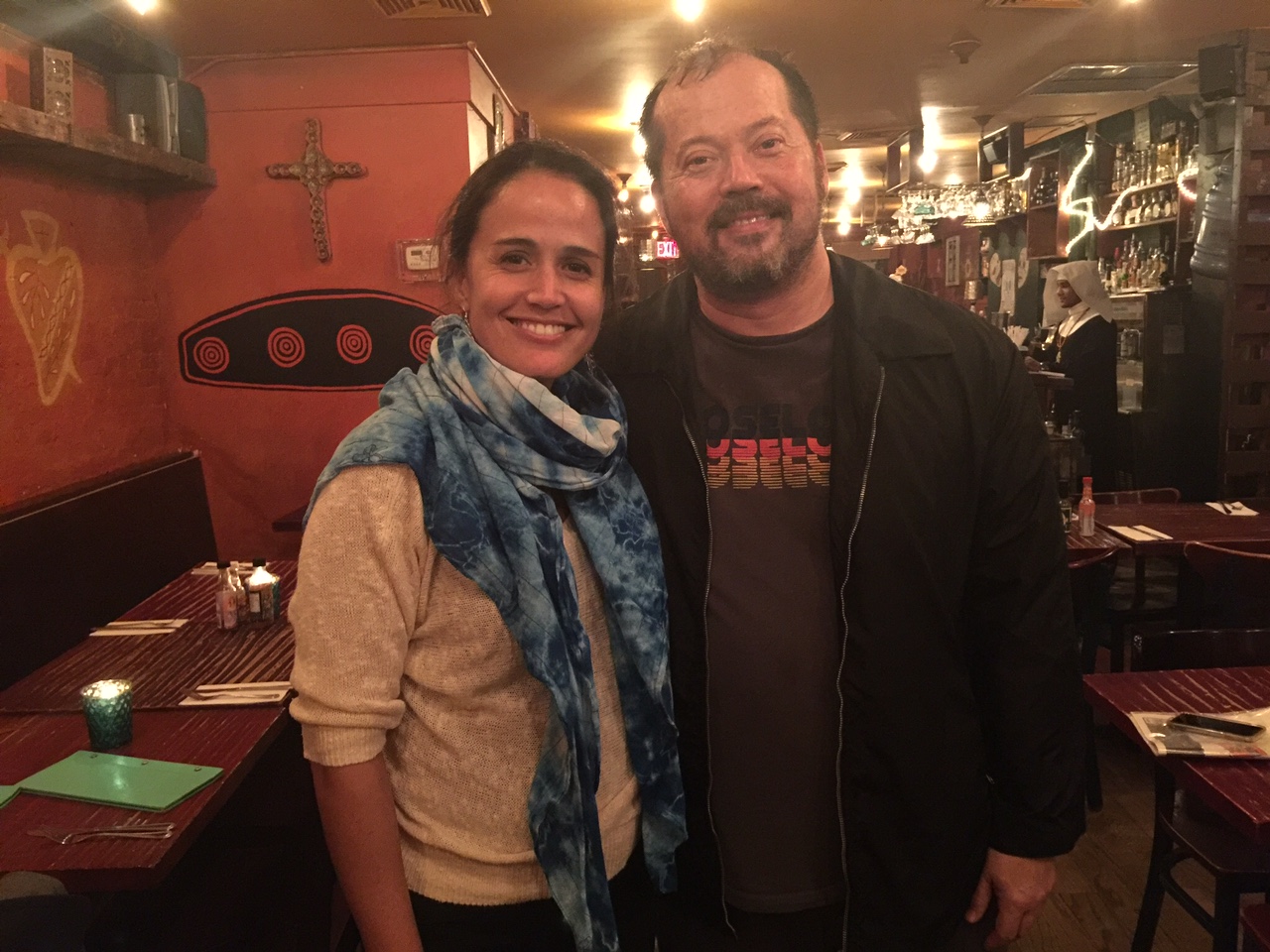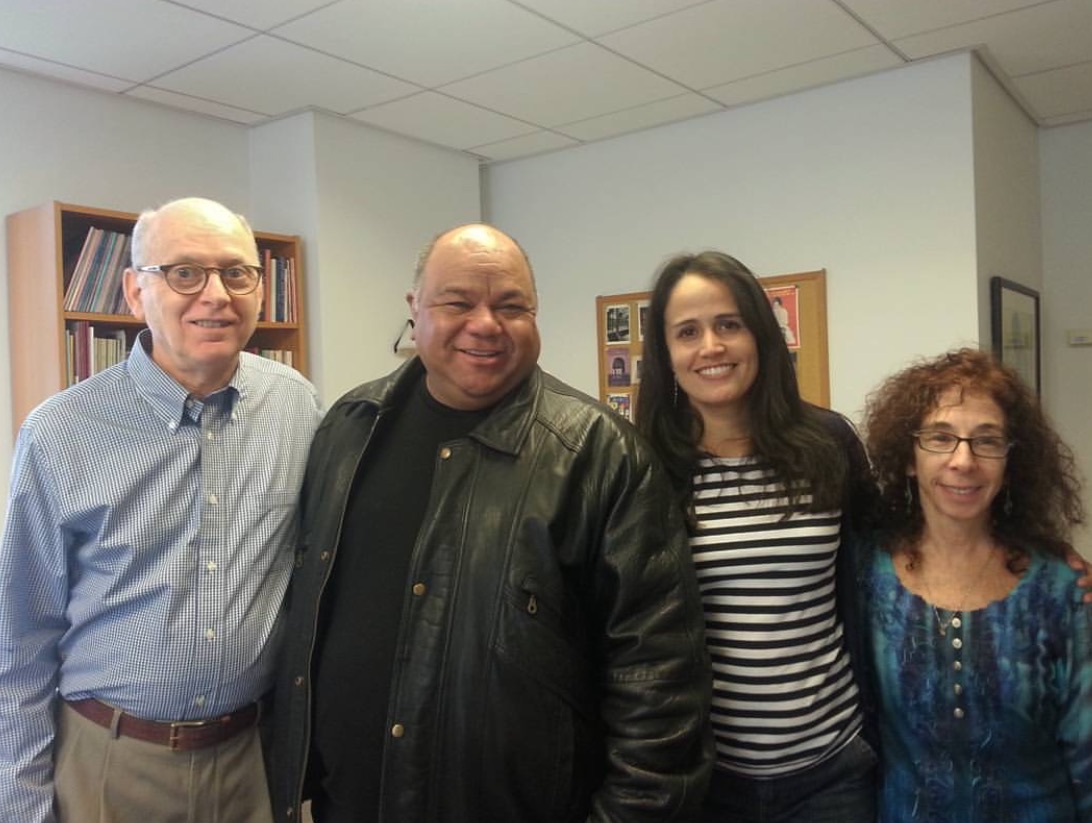Upcoming Deadlines for Prose Contests
Calling all fiction and creative nonfiction writers! It’s time to polish those stories and essays; today we are rounding up prose contests with a February 28 deadline. From competitions for a short short story to a full-length nonfiction work, we have your end-of-the-month prose deadlines covered. Each of the following contests offers a prize of $1,000 to $10,000 and publication.
If you have a short short story ready to go, submit to Fish Publishing’s Flash Fiction Prize, which awards €1,000 (approximately $1,060) and publication in the Fish Publishing anthology. Chris Stewart will judge. Submit a story of up to 300 words with a €14 (approximately $15) entry fee.
Looking for a place to submit your prose chapbook? Apply to the Florida Review Jeanne Leiby Memorial Chapbook Award, given annually for a chapbook of short short fiction or nonfiction, short stories, essays, or graphic narrative. The winner receives $1,000 and publication by Florida Review. Submit a manuscript of up to 45 pages with a $25 entry fee.
Emerging short fiction writers are eligible to submit to Glimmer Train Press’s Short Story Award for New Writers. A prize of $2,500, publication in Glimmer Train Stories, and 20 author copies is given three times a year for a short story by a writer whose fiction has not appeared in a print publication with a circulation over 5,000. Using the online submission system, submit a story of 1,000 to 12,000 words with an $18 entry fee.
For women with a full-length prose manuscript, Red Hen Press’s annual Women’s Prose Prize confers $1,000 and publication for a book of fiction or nonfiction. Aimee Bender will judge. Using the online submission system, submit a story or essay collection, a novel, or a memoir of 45,000 to 80,000 words with a $25 entry fee.
The Restless Books Prize for New Immigrant Writing offers a hefty annual prize of $10,000 and publication for a debut full-length prose work by a first-generation American writer. This year’s prize will be given in nonfiction. Memoirs, essay collections, and works of narrative nonfiction by writers who have not published a work of nonfiction with a U.S. publisher are eligible. Anjali Singh, Ilan Stavans, and Héctor Tobar will judge. Using the online submission system, submit a full-length nonfiction manuscript or excerpt of at least 25,000 words with a cover letter and a curriculum vitae. And here’s the clincher: There is no entry fee.
Don’t forget to visit the individual contest websites for complete guidelines, and check out our Grants & Awards Database and Submission Calendar for more poetry and prose contests with upcoming deadlines. Good luck, and happy writing!






 Six years ago, I sat on a flight back to California from Hawai‘i, flipping through the inflight magazine. A photo captured my attention: Musicians in the 1970s gathered with string instruments on the Windward side of O‘ahu, in a town south of my elementary school. I left Hawai‘i for college a dozen years before, and what was once a mainland adventure had long been replaced by homesickness.
Six years ago, I sat on a flight back to California from Hawai‘i, flipping through the inflight magazine. A photo captured my attention: Musicians in the 1970s gathered with string instruments on the Windward side of O‘ahu, in a town south of my elementary school. I left Hawai‘i for college a dozen years before, and what was once a mainland adventure had long been replaced by homesickness.
 In New York, I felt surrounded by people who love books, as I do. I share this award with poetry winner
In New York, I felt surrounded by people who love books, as I do. I share this award with poetry winner